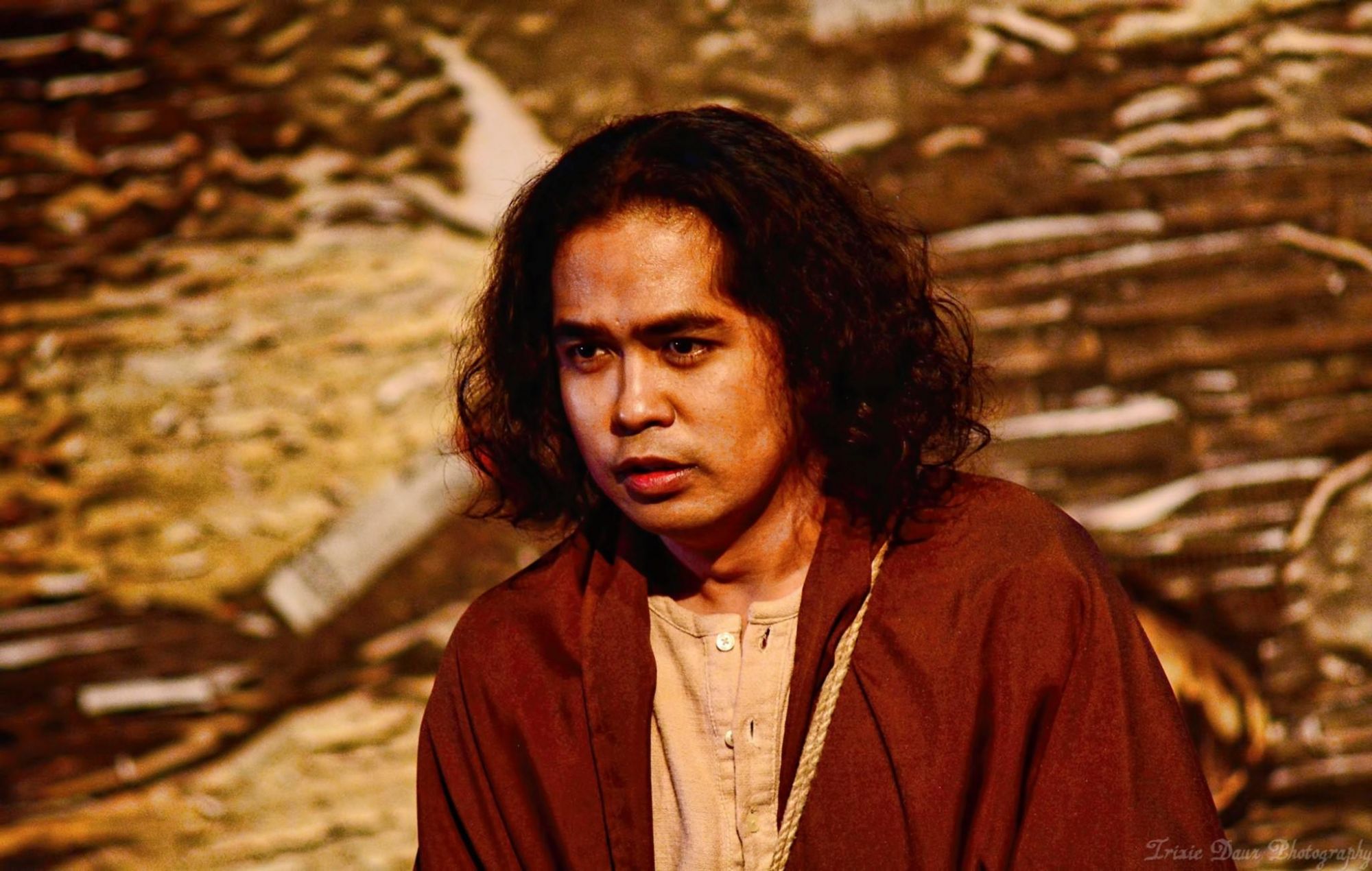"Truth is in danger today. We do not know anymore which is real and which is 'fake' news. 'Truth' is the truth that protects the interest of the general society," Joel Lamangan says, reprising the role of Galileo in the 2018 restaging of "Ang Buhay ni Galileo" (Life of Galileo).
The Philippine Educational Theater Association (PETA) opens its 51st season with a limited-run restaging of Alan Glinoga's translation of Bertolt Brecht's Leben des Galilei (written in 1939 and premiered in 1943). After coming home last year at the Rajah Sulayman Theatre in Fort Santiago, Intramuros, PETA found it fitting to be this year's season opener and to be followed by the company's socially relevant plays such as A Game of Trolls, Tagu-taguan Nasaan Ang Buwan, and other satirical performances from Jon Santos, Third World Improv Theatre, and Dulaang UP.
Bold move it may seem but PETA's intentions are pure, that is to educate and initiate discourse on matters that are relevant and of great importance. Hence as opposed to its premiere in 1981 where the primary audience is middle-class activists and minimum security prisoners (attending with guards and in handcuffs), PETA dedicates this year's run to today's generation by inviting high school students and teachers in each performances.
This year's production's director Rody Vera says, "I think it is important for the youth to know and understand the dichotomy of faith and doubt. What opens the mind to see the truth is doubt. And when we attempt to question what we believe in, we then come closer to the truth and our faith strengthens."

Returning on stage from the 1981 production are Bodjie Pascua playing again as Philosopher and Barberini, and Joel Lamangan who reprises the role of Galileo that he originated. Former cast members from the 1981 production Brenda Fajardo and Bonifacio Juan return this year as members of the artistic staff. Now that the play is being shown in the PETA Phinma Theatre, Juan's set and props are finally free from unexpected rains. Fajardo rebuilt the backdrop but with the same design inspiration from Francisco Goya's paintings. The excerpt of Galileo's last lines from the play is still seen in the backdrop, juxtaposed with the mushroom cloud of an atomic bomb explosion. Nevertheless, the set has been given a fresh look and made more prominent as the plot unfolds through Roman Cruz's dramatic lighting.


